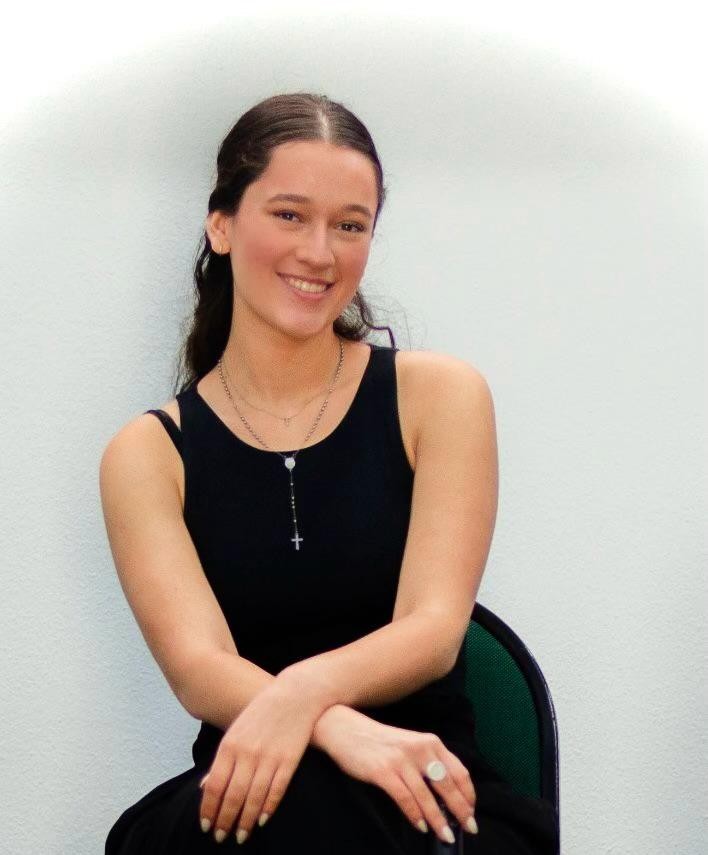2025 Grant Recipient


Nicolas Arancibia Levit, MSc, Coordinator of the Psychological Research and Advice Centre and his co-investigator; Maria Trinidad Terceros Pavisich, are proud to be the recipients of the 2025 ACBS Foundation Grant - Aaron S. Luoma Fund for Global Equity to complete a research project for Body Image Acceptance and Self-Efficacy: Predicting Exercise and Healthy Eating Behaviors in Young Adults.
Many young adults struggle with body image concerns, which can impact their confidence in maintaining healthy behaviors like regular exercise and balanced eating. This study aims to explore how accepting one’s body—without letting negative thoughts interfere—relates to confidence in staying physically active and making healthy food choices. Self-efficacy, or the belief in one’s ability to succeed in a specific task, plays a key role in forming healthy habits. People who feel confident in their ability to exercise or eat well are more likely to engage in these behaviors. However, negative body image can lower this confidence, making it harder to maintain a healthy lifestyle. By examining how body image acceptance relates to self-efficacy in exercise and eating habits, this research seeks to fill a gap in the literature and provide insights that could support interventions promoting well-being.
This study is based on principles from Acceptance and Commitment Therapy (ACT), which emphasizes psychological flexibility—the ability to accept one’s thoughts and emotions without letting them dictate behavior. ACT suggests that accepting body-related thoughts can reduce distress and improve overall health behaviors. By using validated questionnaires to assess body image acceptance and self-efficacy, this study will analyze responses from young adults aged 18 to 30 in Santa Cruz de la Sierra.
The findings could help shape future interventions that promote self-acceptance as a way to improve self-efficacy for exercise and healthy eating. These insights may contribute to the development of programs that reduce the risk of eating disorders and maladaptive health behaviors. Ultimately, this project aligns with Contextual Behavioral Science by offering a framework for enhancing well-being through psychological flexibility, helping individuals develop healthier relationships with their bodies and fostering long-term positive behavior change.
